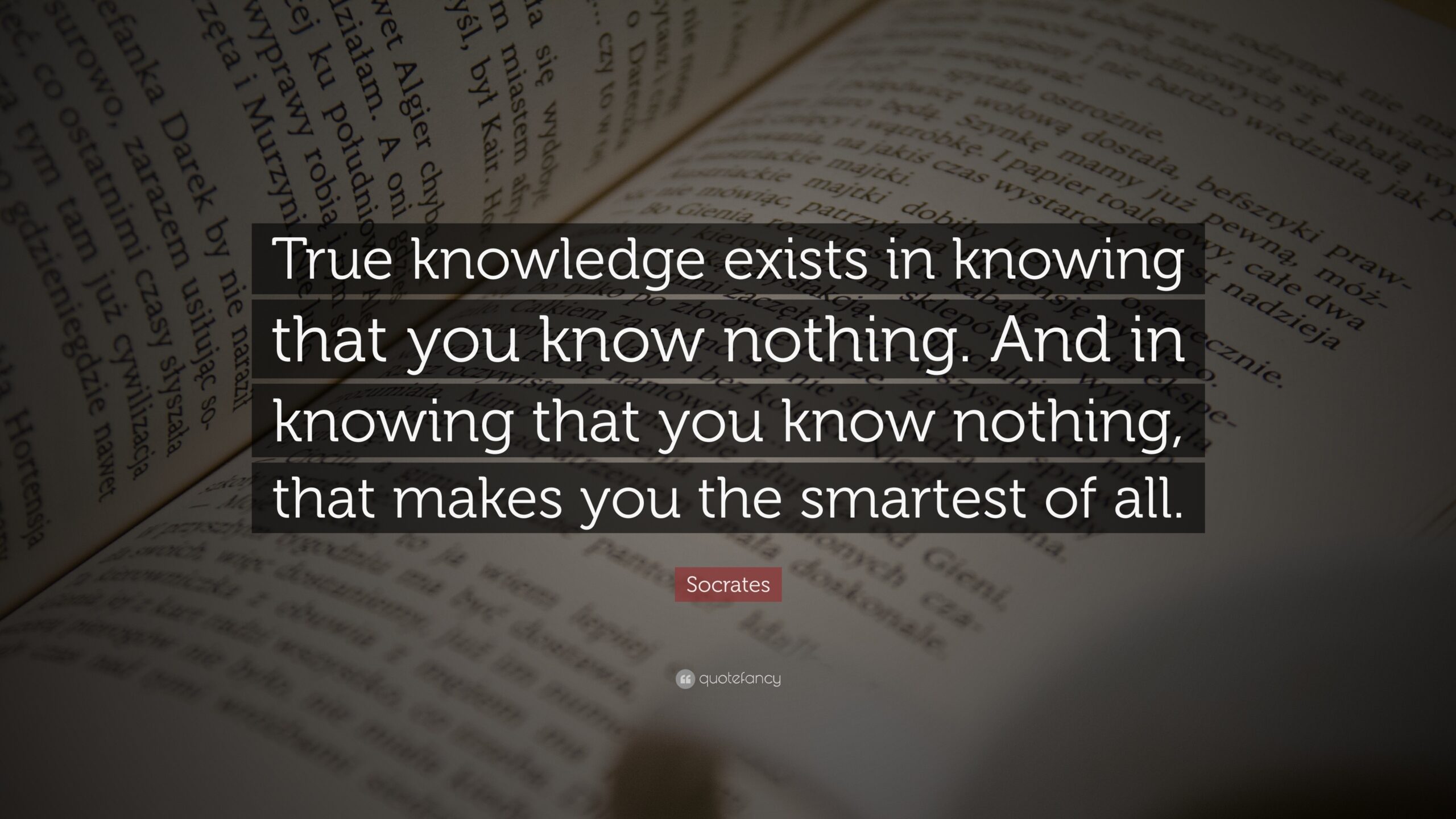The exploration of knowledge is a quintessential aspect of the Bahá’í teachings, posing pivotal questions that lead to a transformative understanding of existence. The Bahá’í Faith, rooted in the principles of unity and truth, invites individuals on a profound journey of knowing—one that transcends mere intellectual acquisition and delves into the realm of spiritual enlightenment. This extensive discourse aims to elucidate the pathway of knowing as articulated in Bahá’í philosophy, fostering a shift in perspective and piquing the curiosity of seekers.
The Nature of Knowledge
Knowledge, in the Bahá’í framework, is not a static repository of facts but an evolving comprehension that deepens through both personal experience and communal engagement. It encompasses a duality: the material and the spiritual. The engagement with both dimensions is crucial, highlighting that true knowledge involves understanding the interconnectedness of the universe and one’s place within it.
One of the fundamental teachings is that knowledge is inherently progressive. Just as the universe is in a state of constant evolution, so too must our understanding of it evolve. This concept invokes the need for humility; recognizing that what one knows is but a fragment of the greater tapestry of truth. This acknowledgment serves as a bedrock for the ethos of lifelong learning and spiritual inquiry.
The Role of Perception
A significant dimension of knowing is perception. The Bahá’í teachings advocate for the importance of developing a keen and discerning mind. This involves scrutinizing our sensory impressions and preconceived notions. To genuinely know, one must cultivate the capacity to see beyond the surface. Bahá’í texts encourage the believer to challenge assumptions and engage with the world through a lens of inquiry.
The interplay between perception and knowledge has profound implications. Each experience has the potential to unveil deeper insights, illuminating paths that may have hitherto remained obscured. This dynamic relationship prompts a reevaluation of our understanding and fosters the courage to question deeply held beliefs and societal norms.
The Significance of Reflection
Reflection is another cardinal principle in the process of knowing. The Bahá’í Faith places immense value on the act of contemplation. Reflection serves as a powerful tool for discerning the underlying truths in one’s experiences and promises to catalyze personal growth. The individual is urged to create a space of solitude and introspection, allowing for the integration of knowledge—a process akin to the alchemical transformation of raw materials into gold.
This contemplative practice nourishes the soul, fostering an enriched understanding of oneself and one’s purpose. As individuals grapple with their reflections, they are often confronted with newfound clarity that can inspire shifts in perspective, encouraging them to reimagine their roles in a collective journey of progress.
The Community as a Catalyst
While personal inquiry is central to the process of knowing, the Bahá’í teachings also emphasize the significance of community. Engaging with diverse perspectives within a vibrant community stimulates intellectual and spiritual development. The collective discourse acts as a catalyst, helping individuals refine their understanding of complex ideas and principles.
In this setting, dialogue emerges as a powerful instrument for deepening one’s knowledge. The act of soliciting and embracing differing viewpoints fosters an environment conducive to collaborative learning. Through such exchanges, individuals confront their biases and expand their cognitive frameworks, ultimately achieving a more nuanced comprehension of truth.
Spiritual Inquiry and Its Challenges
Embarking on the journey of knowing requires not only desire but also resilience. The Bahá’í teachings acknowledge that the path may be fraught with challenges. Doubts and uncertainties may surface, compelling individuals to confront their limitations. However, these challenges abound with opportunities for growth.
Perseverance in the face of adversity often leads to profound revelations. The teachings exhort believers to persevere, assuring them that moments of struggle can catalyze greater understanding and facilitate deeper connections with the divine. It is through navigating the complexities of existence that one discovers an expanded capacity for compassion, empathy, and wisdom.
The Transformative Power of Knowledge
Ultimately, the pursuit of knowledge within the Bahá’í context serves a transformative purpose transcending individual benefit. The process of knowing cultivates an enlightened perspective that can profoundly influence societal structures. As individuals grow in understanding, they become equipped with the tools necessary to contribute meaningfully to the betterment of humanity.
Knowledge acquired through selfless service and collaboration can lead to the alleviation of communal struggles. The teachings underscore that knowledge should never be a possession to hoard; rather, it is a responsibility to share and utilize in the service of others. This altruistic angle emphasizes the interconnectedness of humanity, reaffirming that the journey of knowing is intrinsically linked to collective progress.
Conclusion
The Bahá’í Faith presents a holistic approach to the process of knowing, one that interweaves personal inquiry, community engagement, and spiritual reflection. This multifaceted understanding invites individuals to embark on a lifelong journey—transforming their perceptions, embodying humility, and ultimately realizing that the quest for knowledge is as profound as the knowledge itself. As seekers cultivate the courage to question, reflect, and connect, they shall uncover the inherent promise of a transformed reality—a world enriched by the fruits of genuine understanding.
